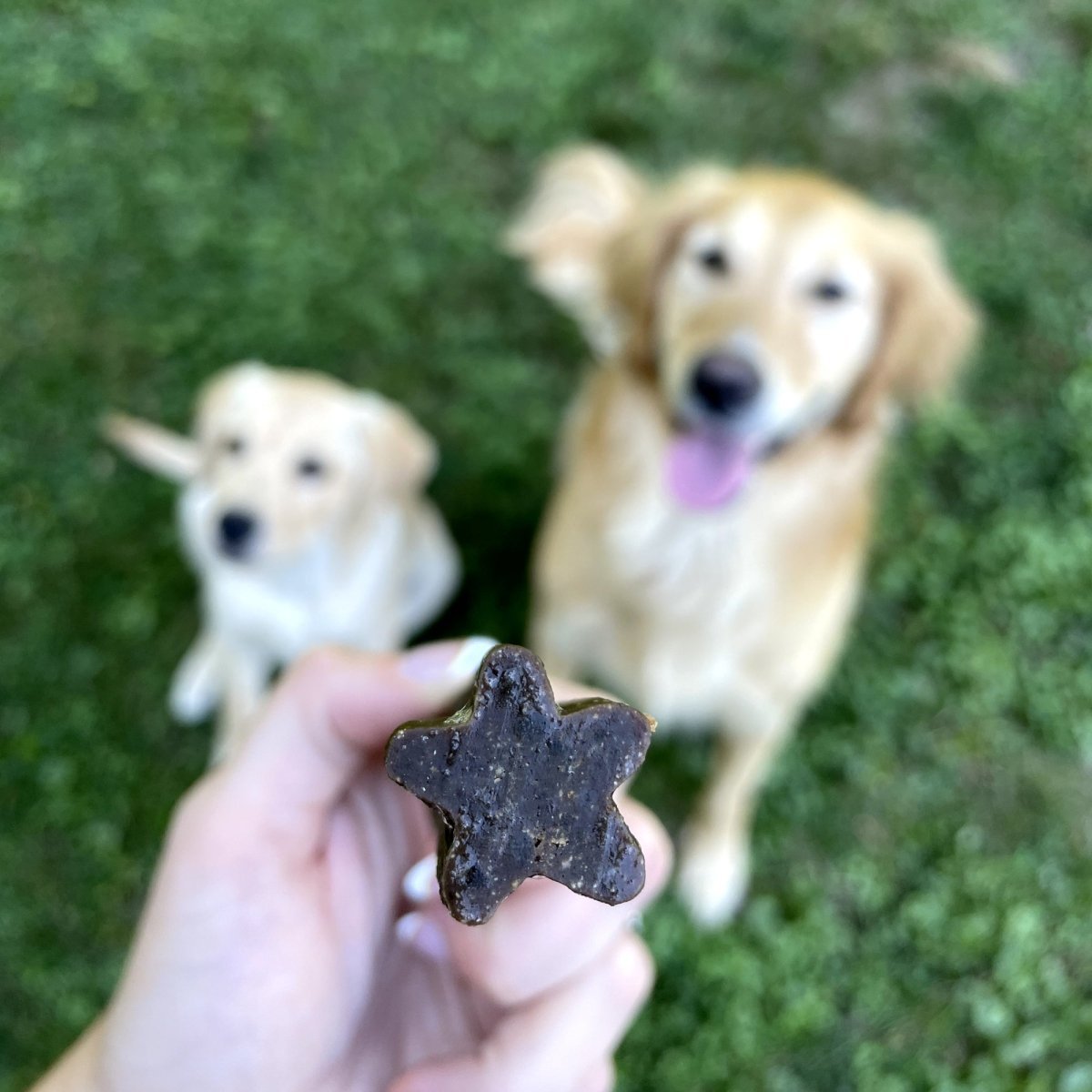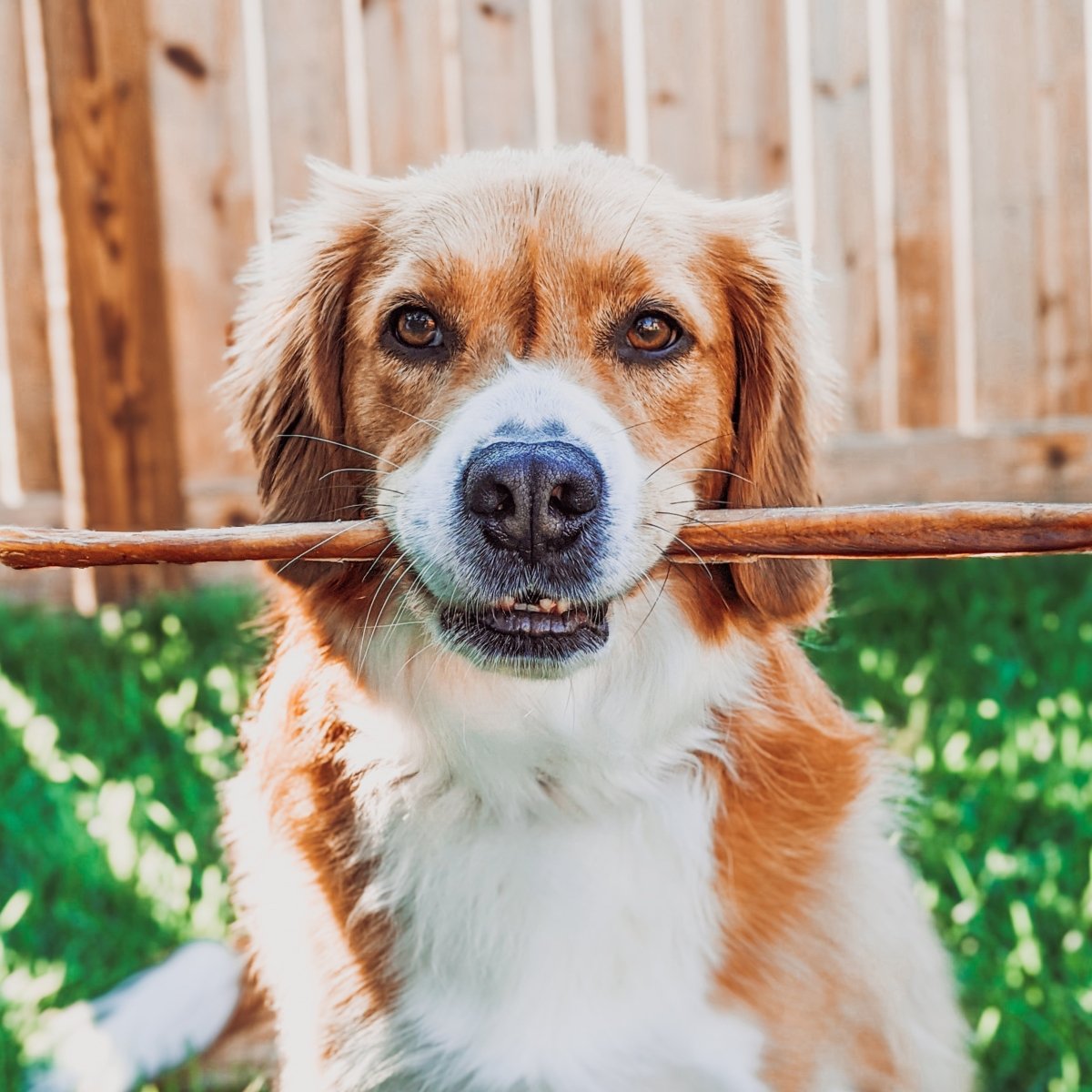
Having a bad hip isn’t an issue exclusively for humans. Did you know dogs can have hip problems, too? Learn all about what Canine Hip Dysplasia is, its symptoms, and how it can be treated below.
What is hip dysplasia in dogs?
Canine hip dysplasia (CHD) is a condition that affects the hip bones of dogs, especially larger dogs and certain large breeds. The hip joint is a ball-and-socket joint, so it relies on smooth twisting. If a dog’s hip joint doesn’t develop properly, the joints can rub together, deteriorate, and cause pain and other issues. Over time, the hip joint loses cartilage, forms scar tissue and bone spurs, and causes issues.
While CHD can be hereditary, it can also be caused by old age. CHD most commonly occurs in young dogs with CHD or older dogs with arthritis; arthritis can be caused in part by hip dysplasia. According to the Journal of Veterinary Medicine, CHD affects 15.56% of all dogs.
The American Kennel Club notes that CHD affects breeds like Great Danes, Labrador Retrievers, and German Shepherds. When it’s caused by genes, CHD begins in dogs as they grow.
Also, hip dysplasia doesn’t look the same in every dog. VCA Animal Hospitals notes that “some pets with significant signs of hip dysplasia or osteoarthritis on X-rays may not exhibit any clinical signs, while others with minimal changes may experience severe pain and lameness.”
Signs of hip dysplasia in dogs
Symptoms can include:
• Decreased activity
• A decreased range of motion
• Difficulty walking, running, jumping, and climbing stairs
• Pain and stiffness
• Swollen shoulder muscles
Regular vet check-ups are important to watch for signs of CHD and keep your dog healthy.
Hip dysplasia treatment
It’s best to try and prevent CHD from worsening. While you can’t totally prevent it due to its hereditary nature, you can do your part to keep your dog healthy.
Good nutrition and regular exercise help. Obesity is a factor that can seriously exacerbate hip dysplasia. If you have a larger breed, keep them at a lean weight as a puppy. Large breed dog food and a constant exercise regimen help. Overweight puppies are more likely to develop hip dysplasia.
If your dog does have CHD, treatment can include weight loss (which helps alleviate the pain), physical therapy, anti-inflammatory medicine, and even surgery if the condition is severe enough.
Natural supplements like glucosamine and chondroitin can help ease the pain as well. Your vet can provide more comprehensive information on CHD treatment.
Comments will be approved before showing up.

Dental chews keep plaque in check and gums strong. Read here to learn about nature's toothbrush!

Single-ingredient dog chews and treats are crafted using only one whole food source!

Check out our guide on different types of chews to help you decide on the best chew for your dog!